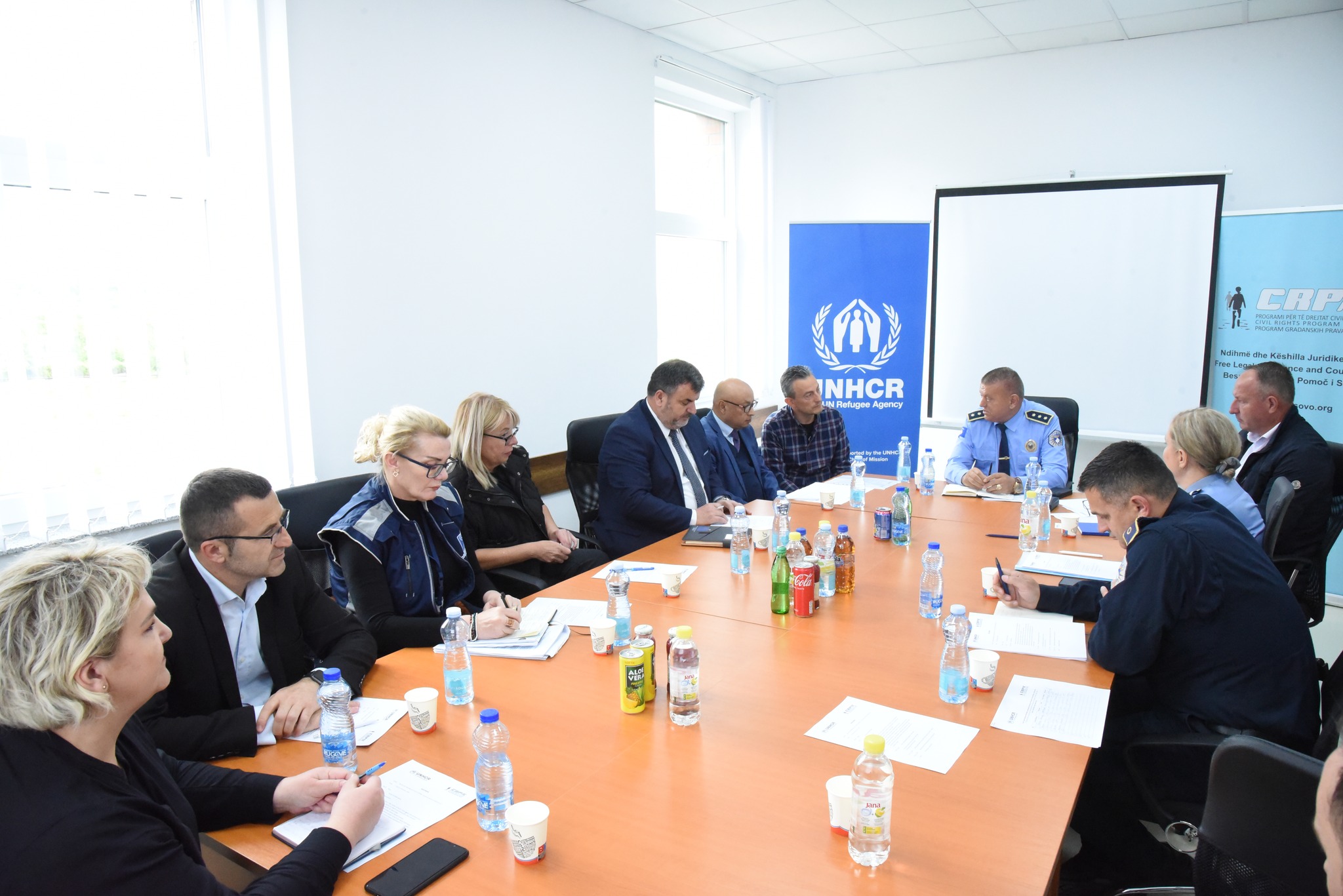
The Ombudsperson visited the border point in Kulle/Rozhaje
Pristina, April 17th, 2024 – The Ombudsperson, Naim Qelaj and Shqipe Ibraj Mala, director of the National Mechanism for the Prevention of Torture, visited the border surveillance station (SPMK) in Radac and the Kulla border crossing point.
The visit was carried out together with the head of the UNHCR mission in Kosovo, Arjun Shrestha and the Coordinator of the Program for Civil Rights/Kosovo (CRPK), Mentor Seferi.
The director of DRK West, Colonel Nexhmi Krasniqi, the Commander of PKK Kulle, Captain Bajram Koliq and the commander of SPMK, Captain Asmir Zekiq, presented their work and activities that cover in terms of border police duties. This station covers a territory of 103 kilometers and within a month they carry out ten joint patrols with the police of Montenegro. During the past year, over 619 thousand people and over 240 thousand motor vehicles passed through this border point.
Colonel Krasniqi emphasized that in the territory of Montenegro there is a police office where the police officers of the three states, Kosovo, Albania and Montenegro, are stationed. They emphasized that they have not registered any complaints against police officials from immigrants who pass through Kosovo’s border points.
The facility where the police station is located at the crossing point in Kulla is a container and did not meet the necessary conditions for the smooth running of the work, especially since there was no detention room. While the border surveillance station was of high standards and was one of the best stations in the country, for which Colonel Krasniqi thanked the mayor of the municipality of Peja for providing the location for the construction of this police station.
The Ombudsperson emphasized that the measures and preparation that the security institutions should have are necessary to prevent any crisis, being prepared to protect human rights, respectively of refugees.
Shqipe Ibraj Mala presented the work of the MKP for the visits they make to the border points, in cooperation with the UNHCR and the CRPK, in order to collect information on the conditions in which these police stations work and the conditions of detention they offer for detained persons.
Those present pledged to strengthen cooperation in the future for the benefit of improving conditions for detained persons and police officers.

